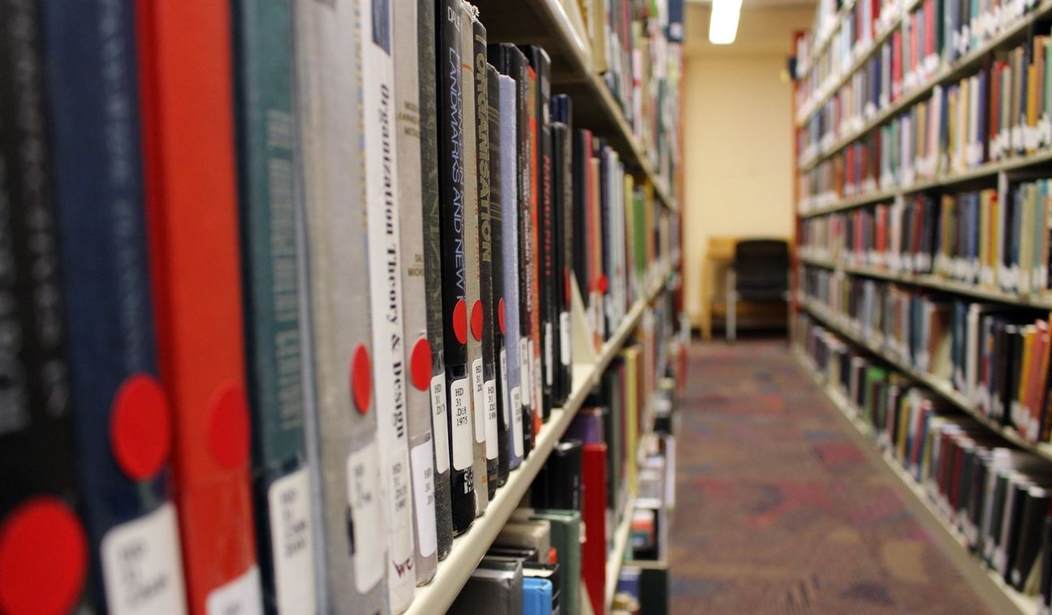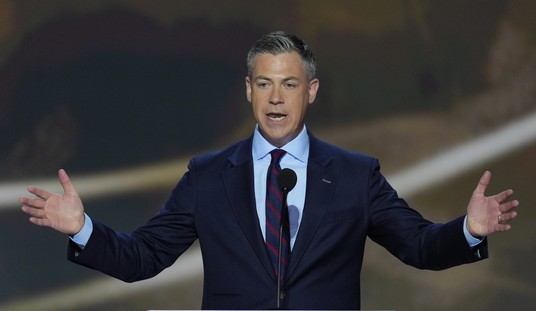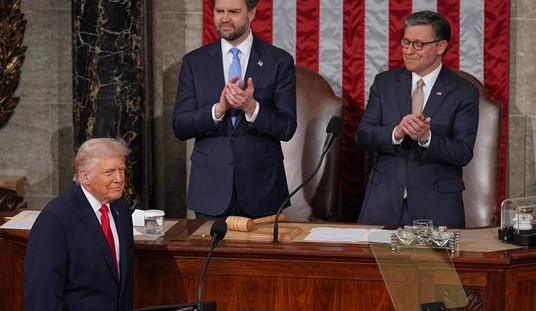Unless you’re a librarian or someone who watches the New York Times Bestseller List like a hawk, you’re probably not familiar with the name Joanne Harris. I’ll admit that I wasn’t until today. But something she wrote this morning on social media blew up, and it was on a topic I hold close to my heart: childhood reading. Since you’re readers yourselves, I thought you might be interested in the subject, too.
Harris, as it turns out, is a bestselling fiction author from the U.K., and as far as I know, the books she writes are for adults. Her bio says she’s written 18 novels, though she’s likely best known for writing 1999’s “Chocolat,” which was made into a romantic movie of the same name, starring Johnny Depp and Juliette Binoche, the next year.
But that isn’t all her bio reveals. See if you can make any sense out of this: “Her hobbies are listed in Who’s Who as ‘mooching, lounging, strutting, strumming, priest-baiting and quiet subversion of the system’.” It kind of gives you a hint of where we’re heading.
Here’s what Harris wrote to her fans in a thread on Twitter:
In all my experience of teaching and writing, I’ve found the current method of teaching English literature – especially the theory of authorial intent – has been the most often cited way of putting pupils off, not only reading the classics, but reading altogether.
Do you want your kids to read? Top tip: stop pushing “the classics.” Not only does it limit their choices mostly to books by dead, white men, it makes them feel that anything else they choose to read is trivial and inferior.
It also sets “the classics” apart, implying that they are somehow different (and by implication, superior) to what is being written today. Remember that all “classic novels” were once contemporary novels, and most of them were popular bestsellers, and criticized accordingly.
She continued:
The fact that they have survived thus far means that there’s still something relatable there for us to connect with. But to present them to kids as some kind of literary holy grail is to destroy that connection. And if the kids don’t feel it, move on. There is a world elsewhere.
The world of contemporary literature is filled with diversity, talent and joy. Chilrden should be allowed to explore and enjoy it without judgement, in any medium or genre they choose. Graphic novels, sci-fi, e-books, audiobooks, romance, horror, comics, games – it’s all reading.
First of all, let’s get a definition out of the way. According to the Oxford Reference website, authorial intent (or intention) is:
A position that argues that the creator of a text possesses a privileged understanding of its meaning and that consequently any interpretation that contradicts this understanding must defer to the author’s intentions.
Happily, it also gives us a peek into what critics like Harris seem to have a problem with:
This position has been criticized for its assumption that authors can ever be fully conscious of the meaning of what they produce and for ignoring or underplaying the contribution that the purposes of readers make to the understanding of a text.
As a writer, I find this concept insulting. Who else would have the fullest understanding of a creative work but the person who created it? Think about how often film fans call for access to a movie’s “director’s cut.” It’s the artist’s fully-realized version of the work.
What Harris and her ilk are really doing here is giving themselves a ready-made permission slip to read whatever kooky, progressive intentions they desire into the works of some of the greatest thinkers and artists of all time. They can make women authors’ characters into feminists and “old, white, male” authors (and sometimes, their creations) into misogynists and worse, when it suits their purposes. And Harris’ later mention of the need for “diversity” tells you all you need to know about her priorities for how people should define good writing.
I don’t believe for a second that this is the reason kids today aren’t reading books. It starts with the family you grow up in. About a week ago, because I’m a total book nerd, I struck up a conversation on the phone with a librarian at one of my local libraries. We were talking about what’s getting lost by patrons not being able to visit the library during the Chinese plague pandemic. And it reminded me that, growing up, our family had a set “Library Night.”
Every Monday, never fail, we’d all pile into the car: myself, my older sister Katy, and my mom and dad, and head to the local library branch. There was something magical about the idea of being able to pick out any book — and as many books as you wanted — and getting to take them home with you for free. Then, once we returned home, we all sat around the living room and read our books together until bedtime. It was the one night of the week TV wasn’t turned at all. As an adult, I’ve since learned that not all of my friends were given this kind of foundation for developing a reading habit.
Another part of my childhood was my mom reading to my sister and me at bedtime. Two of the books I remember her reading to us were the “The Secret Garden” by Frances Hodgson Burnett and “Little Women” by Louisa May Alcott. Once I became a teenager, it was gratifying to reread the books and see where they “fit” into my life then.
It just so happens that these two books are by women authors, but they still fall into Harris’ dreaded “classics” category. And she couldn’t be more wrong about these kinds of books getting portrayed as “somehow different (and by implication, superior)” than modern literature. If you hand these treasures over the right way, children see them as just another story and no different from the Sunday funnies or Saturday morning cartoons (RIP).
The people Joanne Harris needs to be confronting aren’t the “dead, old, white men” and their books, but parents and teachers who impart the misguided ideas she’s calling out. None of my English teachers treated a story by Ernest Hemingway any differently from a poem by Langston Hughes or something from a newer writer. And, as I said, my family passed along a lifelong respect and love for literature because it’s the best food for your head and your heart. If that’s the exception and not the rule for children in America, then maybe we really do have an education problem in this country.
Just for fun, here’s the trailer for “Chocolat.” I enjoyed the movie and think it’s worth checking out.
Read also: this VIP piece from Jennifer Oliver O’Connell from earlier this week, IN MY ORBIT: Dr. Cleavon Gilman Auditions as the New Dr. Fauci.
And, of course, RedState VIP memberships make the perfect gift, whether for Christmas, Hanukkah, or any time! Use my promo code “Becca” here to save yourself some money while giving the present of advancing the Conservative message!
And look forward to this weekend, when I unveil my new theme for VIP posts. Stay tuned for that…














